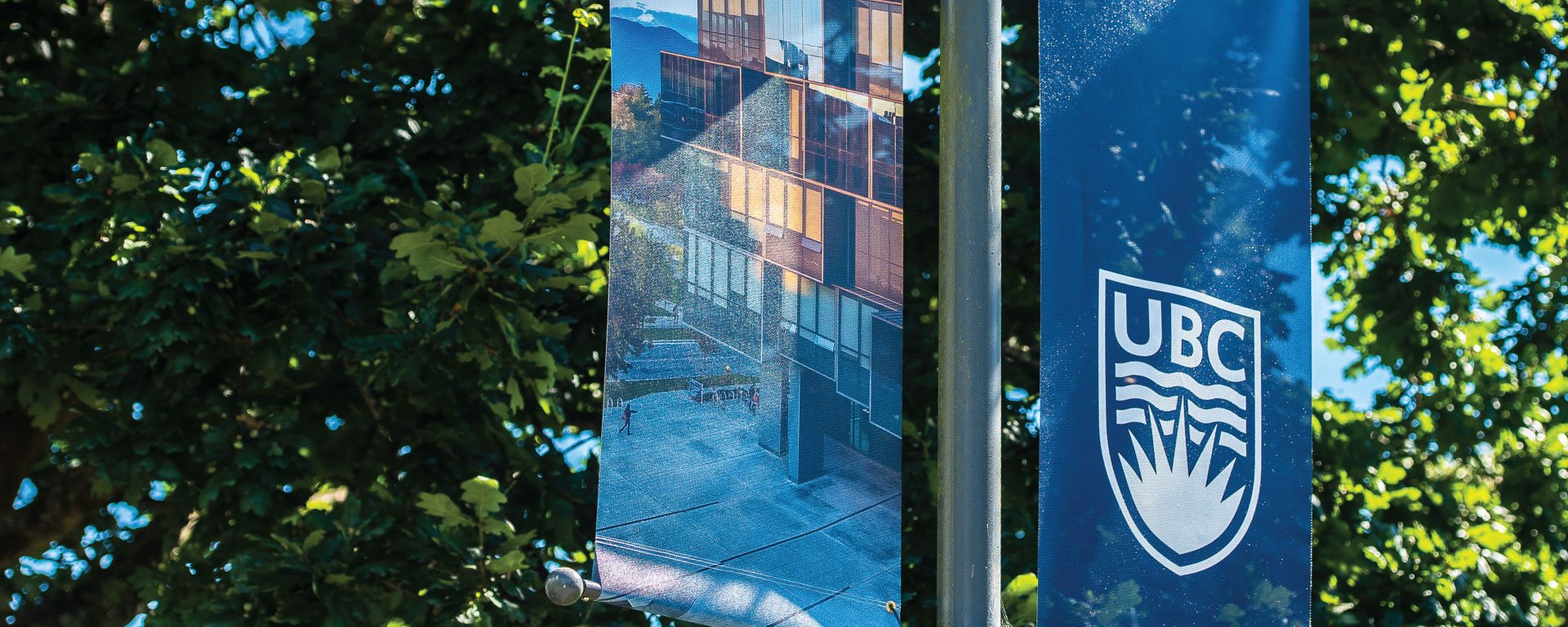
UBC Brand Updates
Find out the latest news about the UBC Brand.
Updates to the UBC Brand Colour Palette and Visual Identity Rules
Sep 09, 2025
A new blue has been added to the palette of Secondary Blues which fills in the large jump from the darkest to the second darkest blue. To view and download the updated colour specifications and ASE files (for use with Adobe programs) visit UBC Colours and Fonts. The changes are also reflected in an updated version of the Visual Identity Rules, which also has new information on our institutional typefaces and alternate recommendations.
July 30, 2025 — New guidelines released: Using AI Tools: Basic Principles for UBC Communicators
Jul 30, 2025
This five-page guide is based on UBC’s Principles for the Use of Generative AI Tools, with tailored direction for communicators. It supports UBC communicators in using AI tools ethically, transparently and in alignment with UBC’s editorial standards.
The guide was informed by UBC’s AI Steering Committee and the communications community, and reviewed by the Office of the University Council.
Download the guide: Using AI tools: Basic Principles for UBC Communicators
July 25, 2025 — Updated Content Submission Form is now available
Jul 25, 2025
The UBC Content Submission Form serves as the primary channel for submitting requests to amplify and share content on UBC’s social media, Beyond and the UBC.ca homepage. The form has been updated to provide quicker access to Canva brand templates, and other resource links, a section for Social Media Series and the option to nominate your content for mentioned series. This form helps the UBC Brand and Marketing team to curate and manage submissions, ensuring all content aligns with UBC’s branding and strategic communication goals.
For any questions, please contact Caitlin Campbell at caitlin.campbell@ubc.ca.
Sunsetting of the aplaceofmind.ubc.ca and da1.ubc.ca domain names
Dec 13, 2024
The domains aplaceofmind.ubc.ca and da1.ubc.ca, which were part of UBC’s previous brand campaign and assets, will be decommissioned by the end of 2024. This is part of our ongoing efforts to enhance security and modernize our web infrastructure for the university.
This change is not expected to cause any service disruptions. If you have any questions or need support, please contact us.
December 3, 2024 – Update to E-mail Signature Generator
Dec 03, 2024
The UBC E-mail Signature Generator has been updated.
The field for “Twitter” has been updated to “Website 3 / Social Profile.” This change is to enable UBC faculty and staff to add a third website or social profile link of their choice.